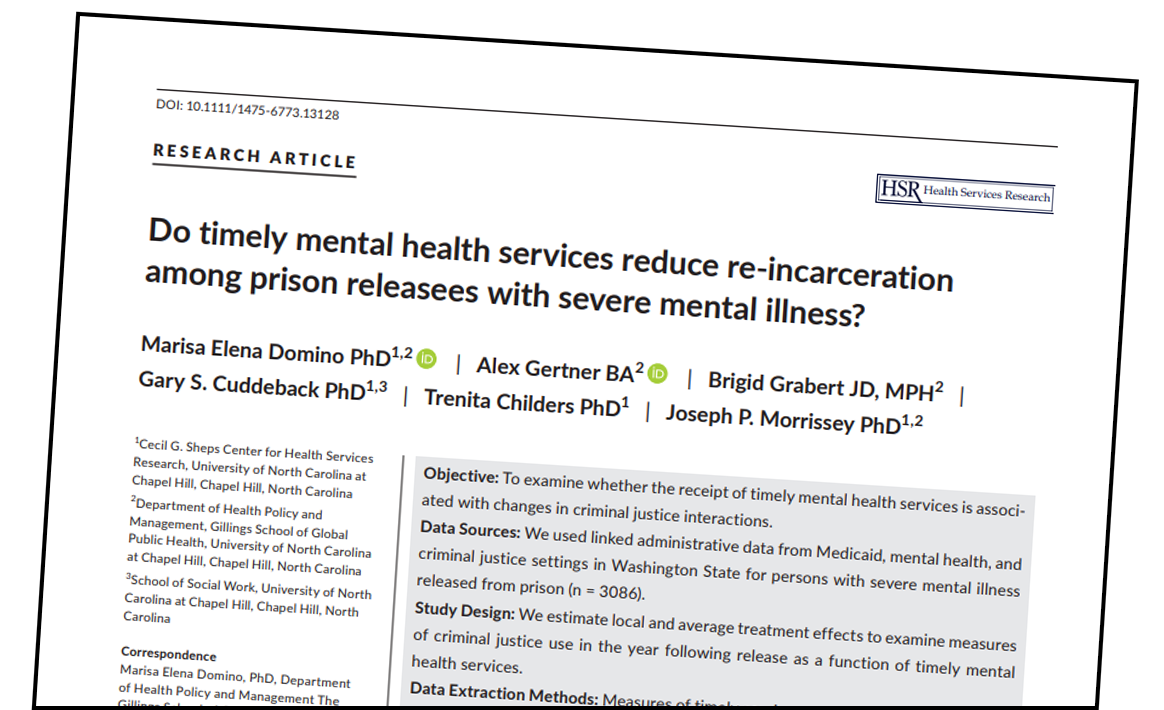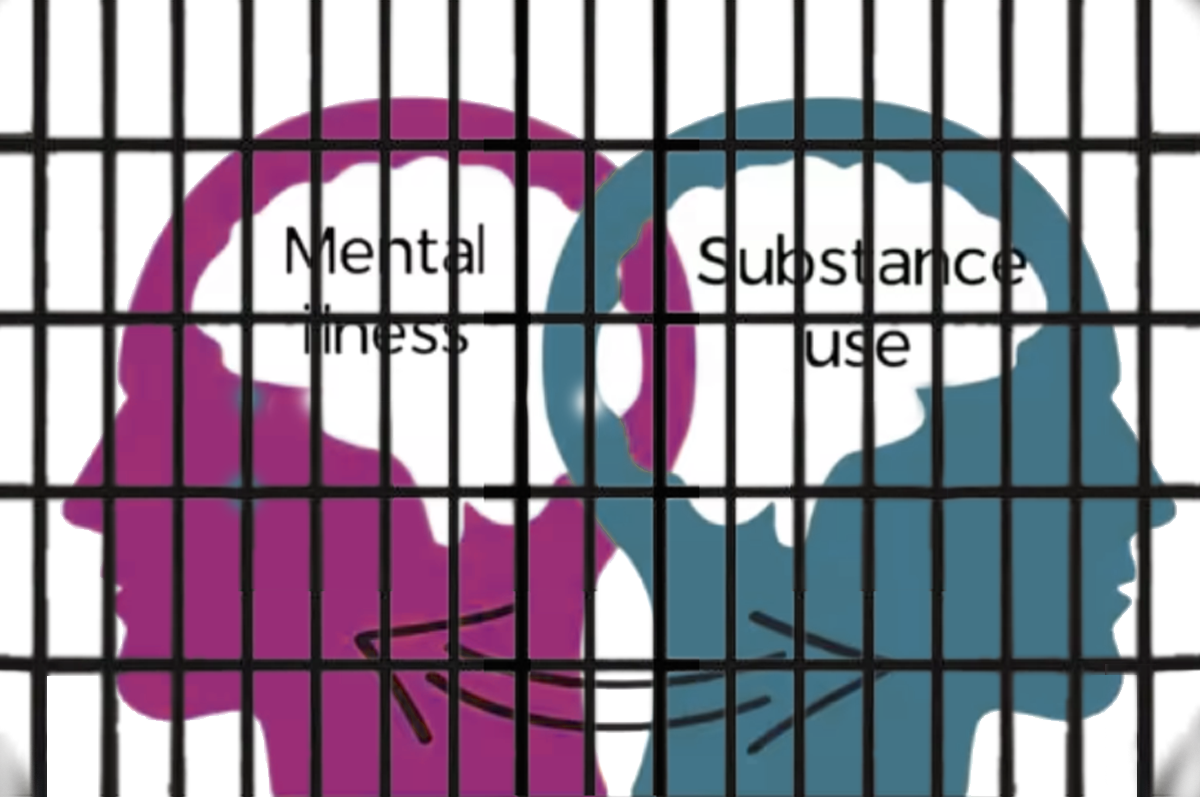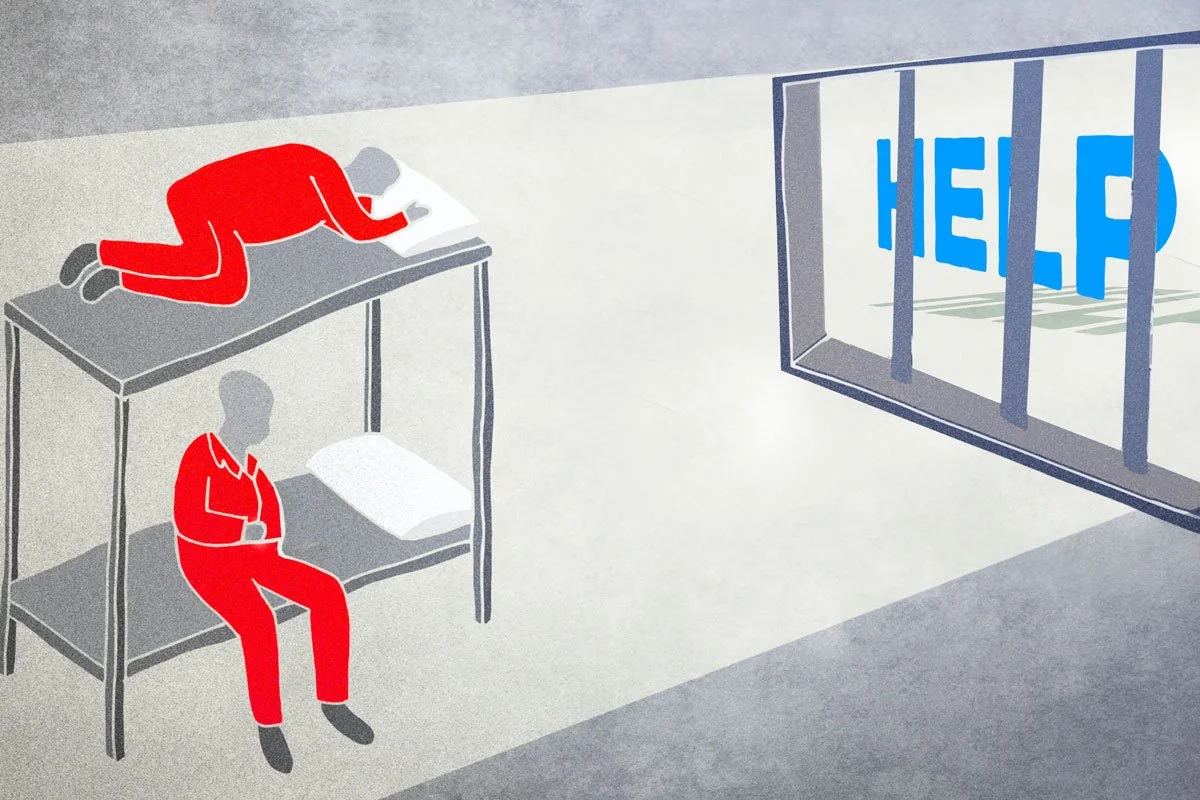
Our Purpose
THE FACTS
99% of incarcerated individuals have some combination of substance use disorders, PTSD to C-PTSD, depression, anxiety, and other mental and cognitive disorders. 95% of those incarcerated will return to our communities, and 40% will be reincarcerated within three years of release.
We believe we can significantly reduce recidivism by creating a long-term continuum of care that begins during incarceration and continues long after release. By working with those currently incarcerated to establishing relationships that carry over into reentry, we believe trauma and substance use disorders can be identified, and that individuals can be given the tools and support to manage their conditions.
The Data
According to a study from 2019 (see it here), people with mental health and addiction issues have more criminogenic risk factors, which contributes to the disproportionate representation of people with mental illness and addiction in the justice system. This research has highlighted the need for programs that address mental health and addiction issues as well as criminogenic risks among justice‐involved people to reduce recidivism rates.
Lack of Services in the Community
With limited social services , including substance use treatment, mental hospitals, support resources, and access to medication provided by the federal, state and local governments, the justice system has become the place where many of these individuals end up.
Incarcerating the mentally ill and those with addiction issues (often both) increases the risk of harm to those who have not committed violent crimes.
Lack of Services while Incarcerated
According to the Texas Behavioral Health and Justice Technical Assistance Center, the basic needs of mental health remedies and recovery from substance use disorder are not available to the nearly 35% of Texas inmates who suffer from mental, and emotional illnesses. (source)
This contributes to a 20.4% recidivism rate in Texas alone. Nearly half of the roughly 40,000 Texans released from state prisons every year are rearrested within three years. We believe recidivism is caused by the neglect of preliminary causes and conditions of the impacted individual.
This is Our Purpose
We believe that without the mental health remedies like awareness classes, therapy, and recovery services, incarcerated individuals will not have the opportunity to reenter society successfully.
By preparing each person with an understanding of what trauma, mood disorders and substance-use disorder are, the challenges they will face and the support available to them when they are released we believe we can help level the playing field and help them to build a life that allows them to avoid re-incarceration.





